Lainey Wilson × Ford Truck Month 2026
Lainey Wilson is back for another Ford Truck Month celebration! And she's bringing a brand new song to this partnership, along with a git-up-and-go...
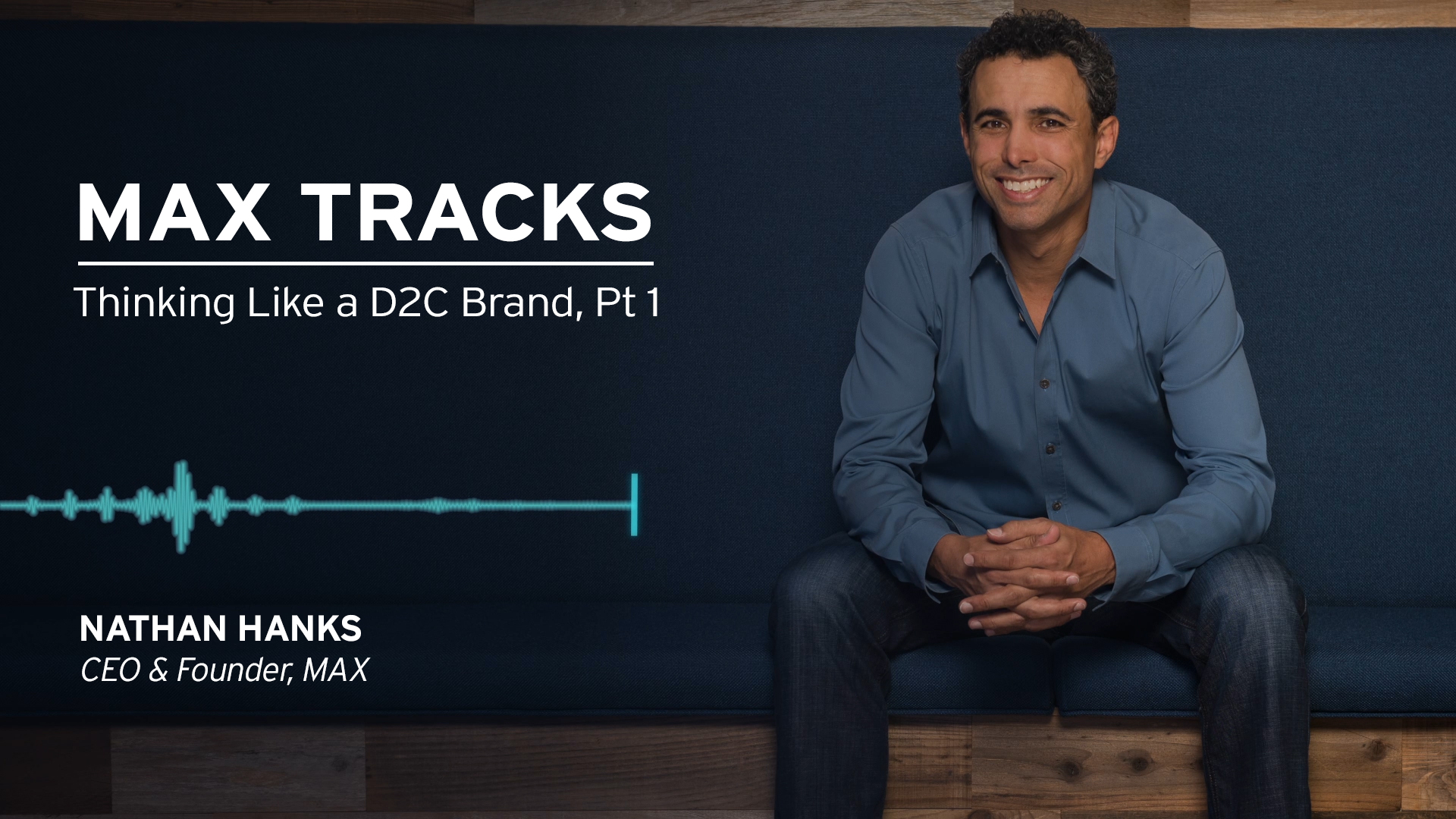
D2C brands have a lot of lessons to offer all of us and particularly music artists, as marketers. First, what are D2C brands? Most people get in their gut what a D2C brand is, but by definition, they are brands that sell and have relationships directly with their consumers. They bypass traditional retail outlets. To maybe get a better look at that, let's look at a traditional brand.
Take Gillette, for example. They make razors. Think about all they had to do to become dominant in razors. Back in the day, they had to think about where the razors or materials were going to come from. How were they going to be fabricated? How would the packages look that they go in? How many packages to a box and boxes to a truck? And how to optimize the way it fits like a little puzzle to maximize the amount that could be delivered. How many SKUs of product were needed to get more shelf space with the different retailers?
Traditional brands had to build out their own supply chains, which was very complex work. Then they would outsource their creative and marketing needs to agencies that could flex their resources to match the fluctuating needs of the brand. But to get their products in front of consumers, traditional brands rely on getting shelf space at retailers. So retailers like Walmart, Target, Sears, Woolworth, or whoever played, and still play, such a vital role to those brands. Fast forward to today, some of the traditional brands have gotten really good at figuring out who their customers are, indirectly, looking at cash register data, and other audience data that go into the advertiser’s data management platform (DMP). But really knowing and dealing directly with the customers is not their expertise. Now, take a look at modern-day D2C brands like Warby Parker, that went direct to the consumer with glasses. Think about brands like Warby Parker and how they have basically rented their supply chain, found factories that make glasses, and came up with their own designs. They didn't have to build all that infrastructure.
What D2C brands want to own is not the supply chain, but the channel to the customer. That's where digital channels like Google, Facebook, and social media platforms come in. Advertising there has allowed them to get directly to a consumer. As we talked about on our MAX Track, “The Future of Livestreams,” there was a whole confluence of things that allowed these D2C brands to flourish — things like drop shipping to people's homes, which is obviously at an all-time high, right now. Mobility, e-commerce, online payments, all of this has helped the D2C brands to flourish. There are hundreds of D2C brands disrupting industries, like Warby Parker and eyeglasses; Madison Reed and women’s hair color; Dollar Shave Club and men’s shaving products; Casper and mattresses; and even Drizly with delivery beer and liquor.
An interesting tidbit is that as much as 33% of the investment dollars coming from the venture capital world into these D2C brands get transferred right into Facebook and Google. Why? Because those are the platforms that not only dominate digital marketing today, but where these brands can go to deliver customized messages in a number of ways to consumers and build those direct relationships. Think about all this from an artist’s perspective, and how it parallels. As early as a decade ago, an artist made their music, and a lot of the supply chain, and of course the marketing, were handled by the labels. The record labels would produce CDs and sell them to retailers, much in the same way as traditional brands. As a customer, you went into a record store, and you bought your record or your CDs. That's all changed dramatically today.
Think about the marketing you can do as an artist, it's a lot more democratized today than ever before. Your videos can go on YouTube, and your music can get uploaded very quickly to Spotify, Pandora, Apple Music, or Amazon. You've got social media where your fans can track you. But typically, artists have not tapped into those platforms the same way D2C brands have to figure out who their fans are.
If you look at a company like Warby Parker or Dollar Shave Club, they can literally tell you the names, addresses, and buying preferences of all of their consumers. Their database doesn't have to be assembled in a complex way from multiple sources. Sure, they enrich that data, but they know who their consumers are. They constantly interact with those consumers through unique messaging on email or social media with very specific content that's interesting and relevant to them, like hair care or hairstyling tips, or quick healthy recipes.
D2C brands have found really interesting ways to interact with their consumers. But if you're an artist today, it’s not enough to just exist, post, and build a following on different social platforms, and this is not to diminish the value of YouTube, Spotify, Facebook, or Instagram. Those platforms want to own those consumer relationships. The biggest thing artists have to figure out is how do you bring those relationships directly into their own database so that they can text and email and interact with those consumers in more personal ways. That's a pretty hard one for artists today. In our next MAX Track, we're going to talk about some techniques that artists can use. Just a few tips to take the consumers on the various platforms that care about their music and make their own relationships, and start thinking and acting like a D2C brand.
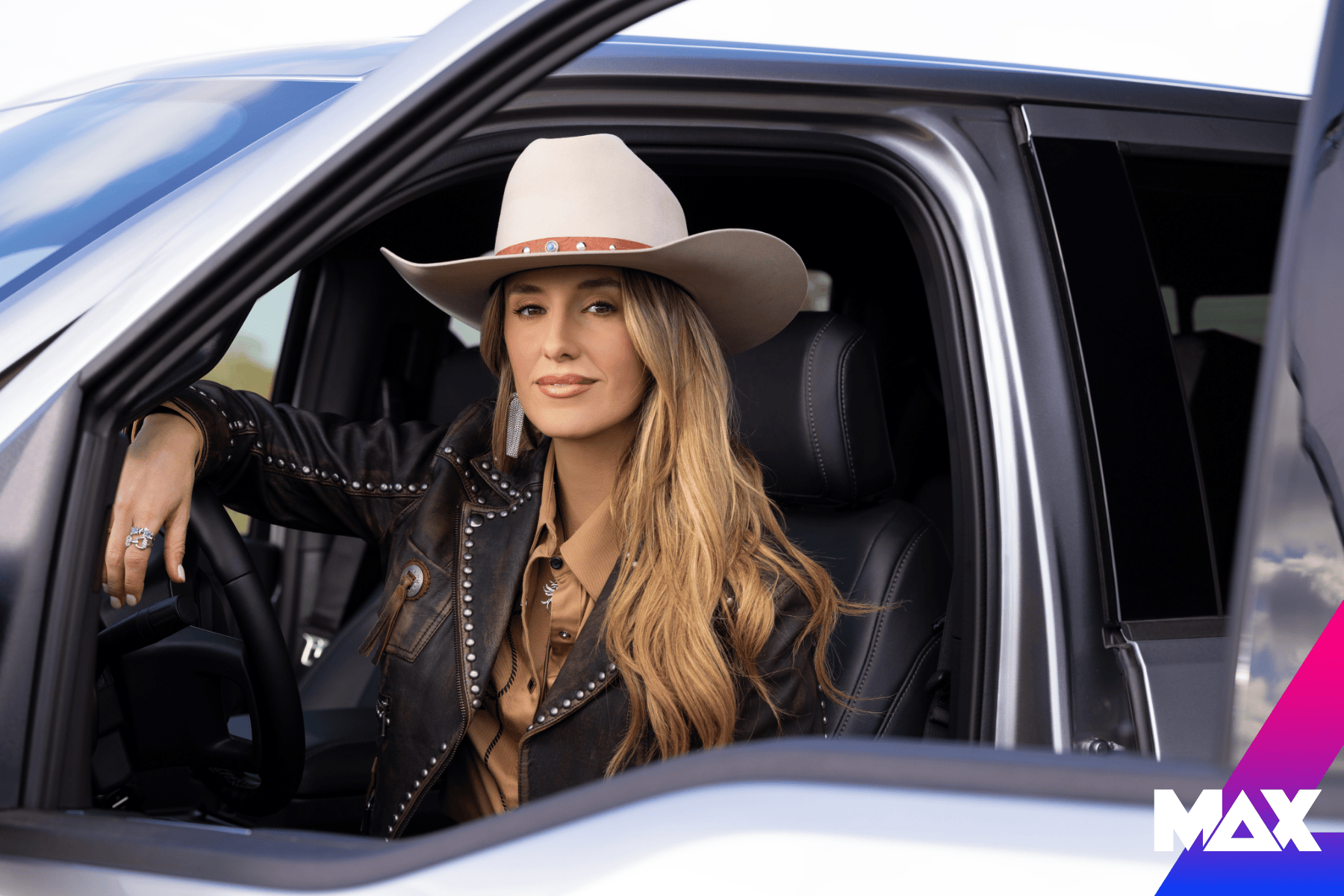
Lainey Wilson is back for another Ford Truck Month celebration! And she's bringing a brand new song to this partnership, along with a git-up-and-go...

Our latest Ford Truck Month campaign is here! Latin music star Carolina Ross joins the Música Ford family to drive affinity and consideration for the...
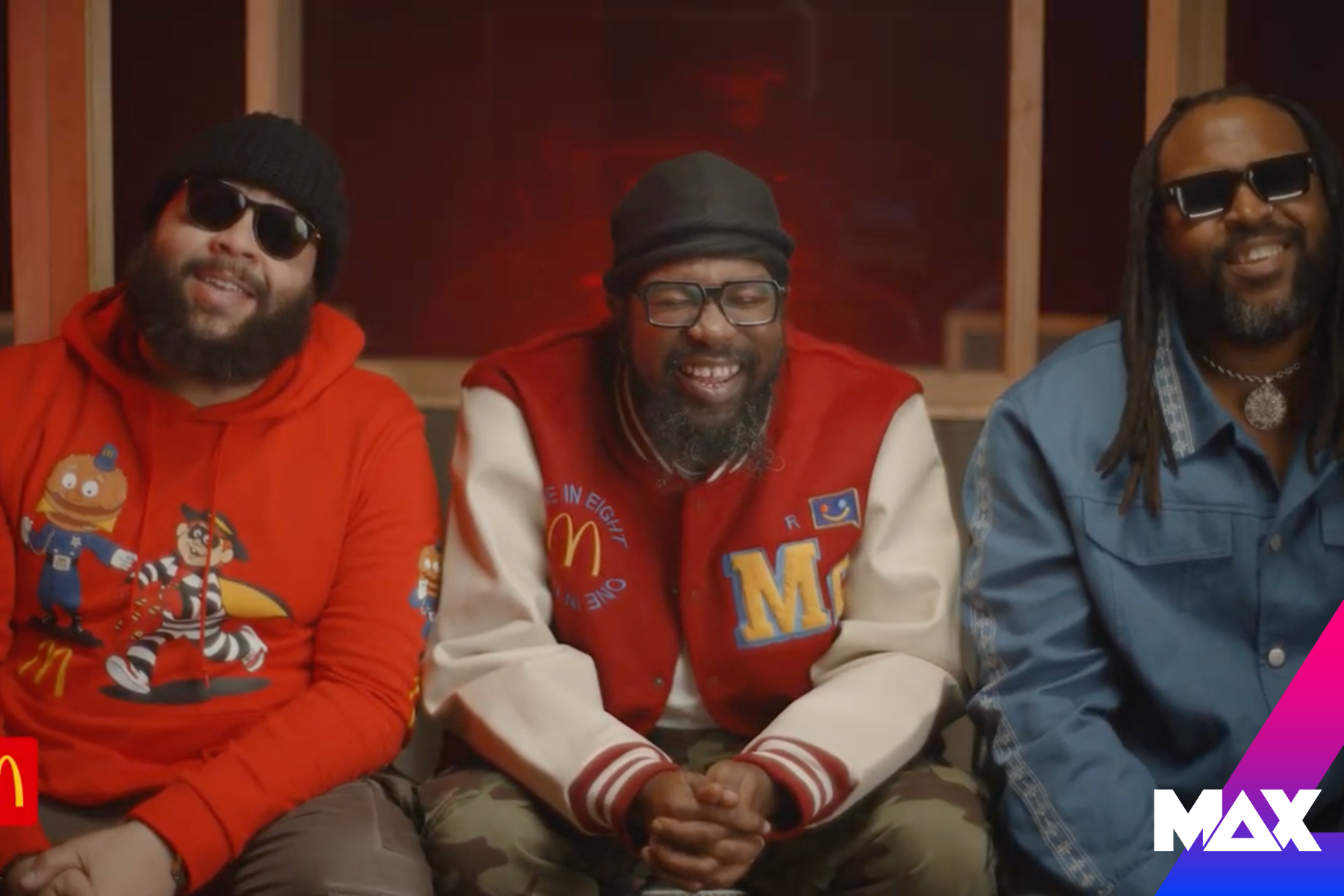
Hard to say... super easy to eat. The Ton3s got to try the McDonald's Crispy Chicken Biscuit with Hot Honey—and they're lovin' it!
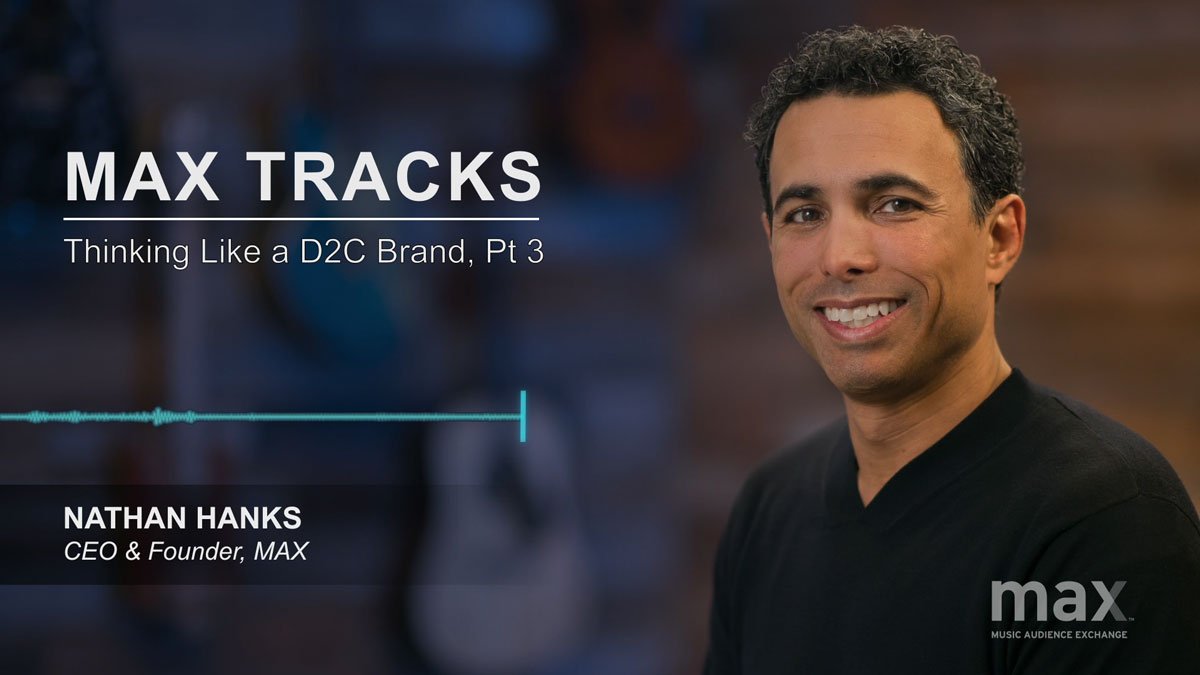
This week we wrap up our three part series on direct to consumer (D2C) brands and the marketing lessons they offer to artists. In part one we talked...
.png) Read More
Read More
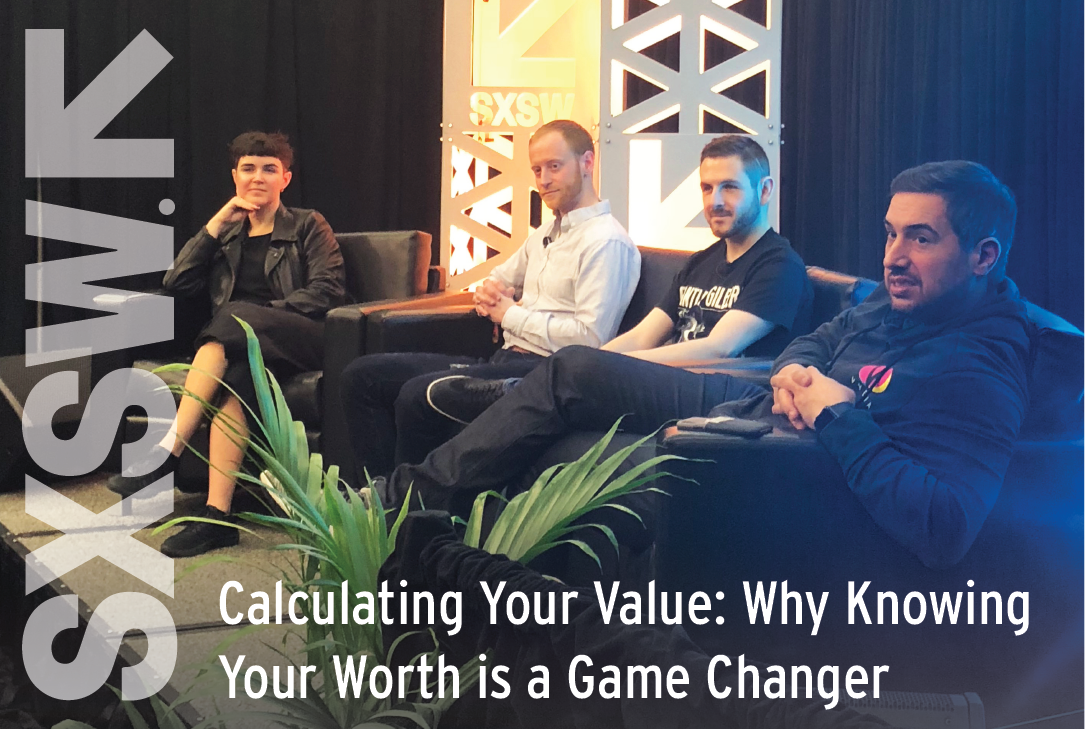
On Wednesday, March 14th, our very own Jarred Goldner, Director of Artist Relations, participated in a panel discussion at SXSW in Austin, Texas this...